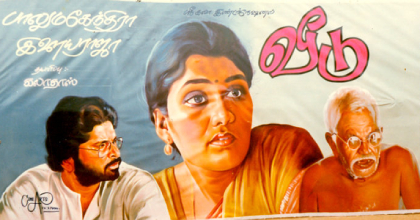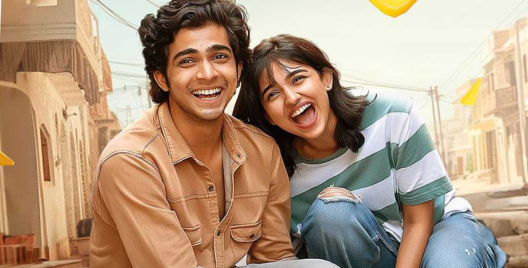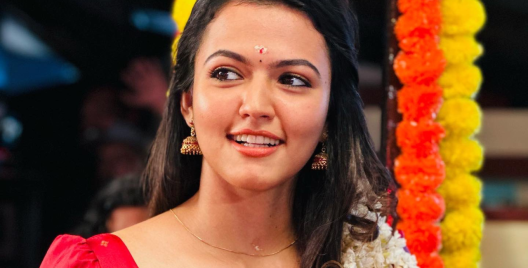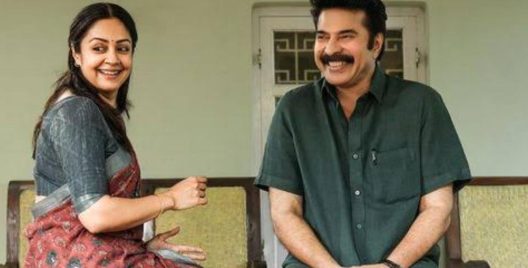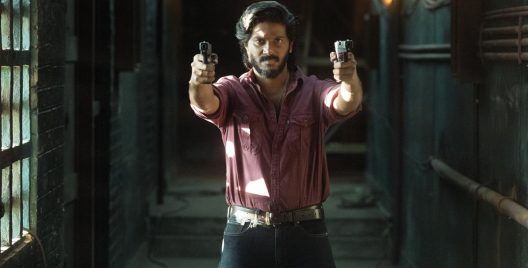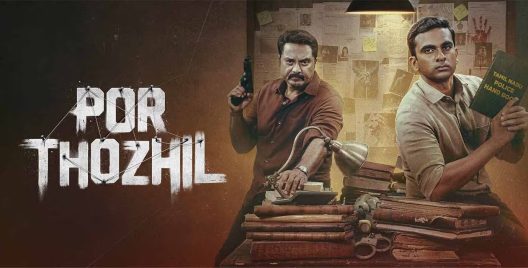Balu Mahendra is a name synonymous with realism in Tamil cinema. Born on 20 May 1939 in Sri Lanka, Balu Mahendra is said to have been fascinated by the films he saw during his teenage years including, Bicycle Thieves (1948) by Vittorio De Sica and Battleship Potemkin (1925) by Sergei Eisenstein. Later, when he moved to India to join the Film and Television Institute of India (FTII) in Pune, he was introduced to world cinema and the cinematic realism of Satyajit Ray, David Lean and Vittorio De Sica. This encounter seemed to have been the driving force behind Balu Mahendra’s style of ‘naturalism’ during the 1970s in Tamil cinema.
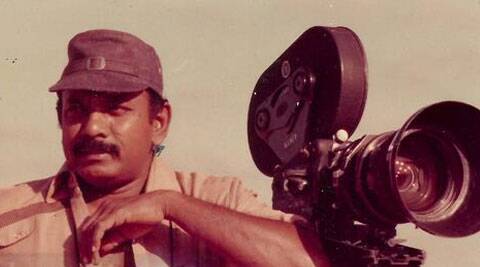

Veedu (1988, transl. house) is one of Balu Mahendra’s finest works and one of the best films ever made in Tamil. The film won two National Awards—for the Best Tamil Feature film and the Best Actress award. Shot and certified in 1987—the year that the United Nations General Assembly declared as the International Year of Shelter for the Homeless—Veedu accurately presented the struggles of a working class to build their own house in South India. The grinds faced by characters are still relevant—after 34 years—thereby making the film timeless.

The story revolves around a young unmarried woman Sudha (Archana) who lives with her younger sister Indhu and grandfather Murugesan (KA Chokkalinga Bagavathar) in a rented house that they have asked to vacate at the earliest. When Sudha’s attempt to find a rented house within their budget turns futile, her colleague suggests using various loan options available to build her own house. And thus begins Sudha’s quest to build the humble house of her family’s dreams—with the moral support of her fiancé Gopi (Bhanu Chander)


Balu Mahendra says in an interview with Shobha Warrier that Veedu was inspired by his mother and her difficulties while building a house when he was 8 years old. “She was a lovable, relaxed person, with a smile on her face all the time—till she started building a house… She was not the same after that. She became temperamental. She forgot to laugh. She had no time to teach us or play with us. The changes confused me.” While Akhila Balu Mahendra—his wife is credited for the story, Balu Mahendra headed the departments of direction, screenplay, cinematography & editing. Illaiyaraaja’s background score for the movie is still breathtakingly haunting.
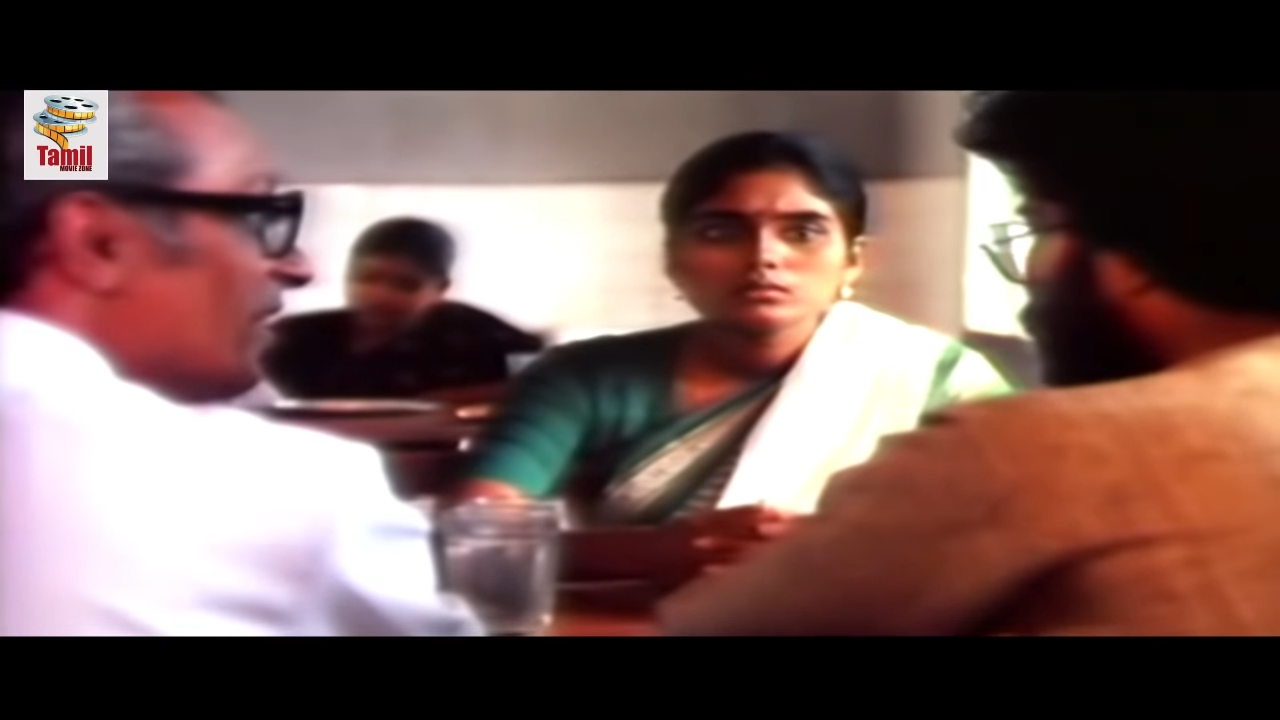
Sudha Building Her Life
Veedu stands as a testament to the statement, “film is a reflection of its time.” Inspired by his mother, Balu Mahendra shows Sudha’s emotionally taunting journey of being the woman who breaks the system by building a house surrounded by many male allies. The relationship between Gopi and Sudha is never told but shown. There is a healthy understanding that doesn’t require words. Throughout the film, Gopi offers money in several instances to build her house. Though she refuses—citing his previous financial commitments it is almost impossible to overlook that beyond her love for him, her self respect sprouts.


Sudha & Manga: A Pioneer Portrayal Of Female Friendship
Money doesn’t come easy to Sudha. She earns a monthly income of ₹1800 and the estimate for a house amounts to ₹1.5 lakhs. After executing Gopi’s suggestions to bring down the estimate, Sudha still had to pledge her jewels and use the last bit of savings. Her boss at work asks her to sleep with him for the loan to be sanctioned. Right at that time, she discovers that her construction supervisor is stealing building resources. As she questions him, he refutes with a low blow of questioning her ways of income comparing her to a sex worker. What could have easily been a place for her fiance to save the day, Balu Mahendra finds it as a moment for women supporting women. He brings Manga’s (‘Pasi’ Sathya) courage into play, who was until then just a loudmouth construction labourer at the site who has a soft spot for Sudha. Despite her daily job being at stake, Manga immediately resists the construction supervisor’s comment on Sudha’s character. Manga gives her hope that they have enough knowledge and experience to build her house without a supervisor.

With each scene, I had to remind myself that it was a film made in 1987 with an approximate budget of 15 Lakhs. Since there were many shots of the house being built at various stages Balu Mahendra built an actual house which later became his film school—Cinema Pattarai. Along with Sandhya Raagam (1989), Balu Mahendra says Veedu was the two movies that he’s most fond of. Built over 30 years back, Veedu still stands tall.



